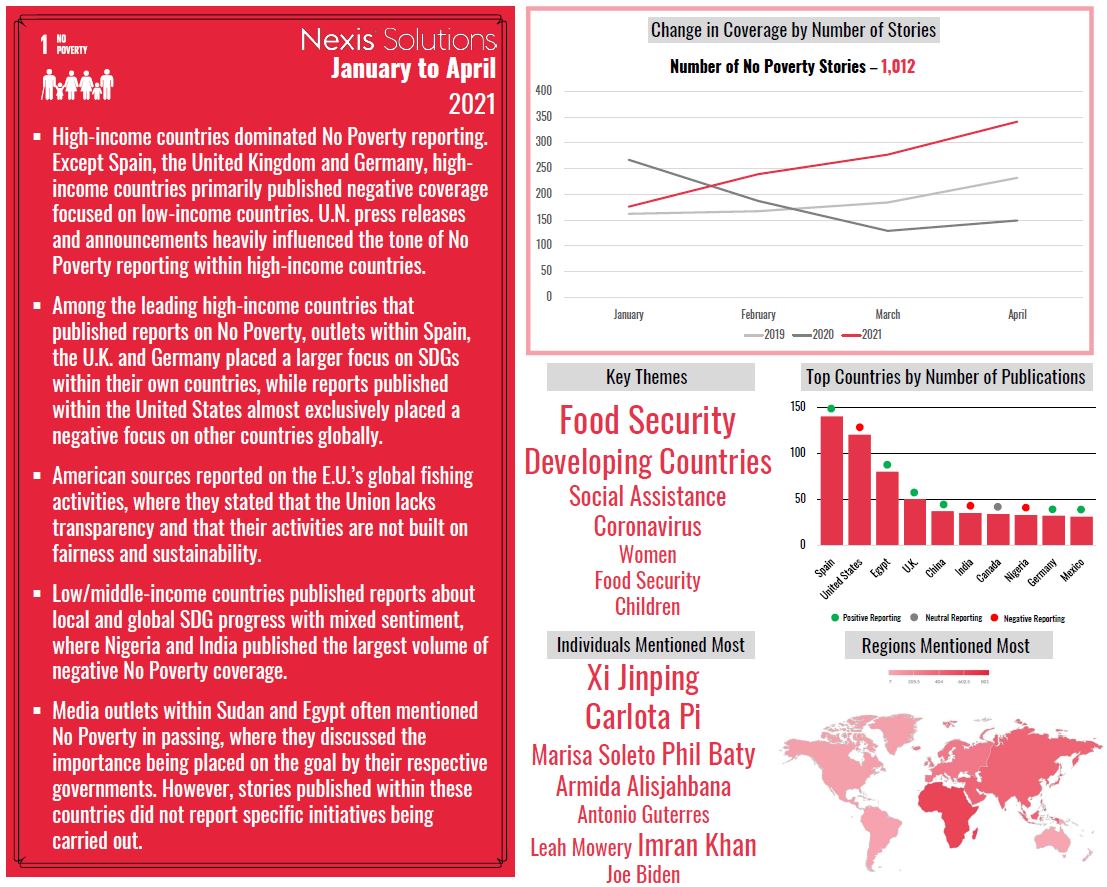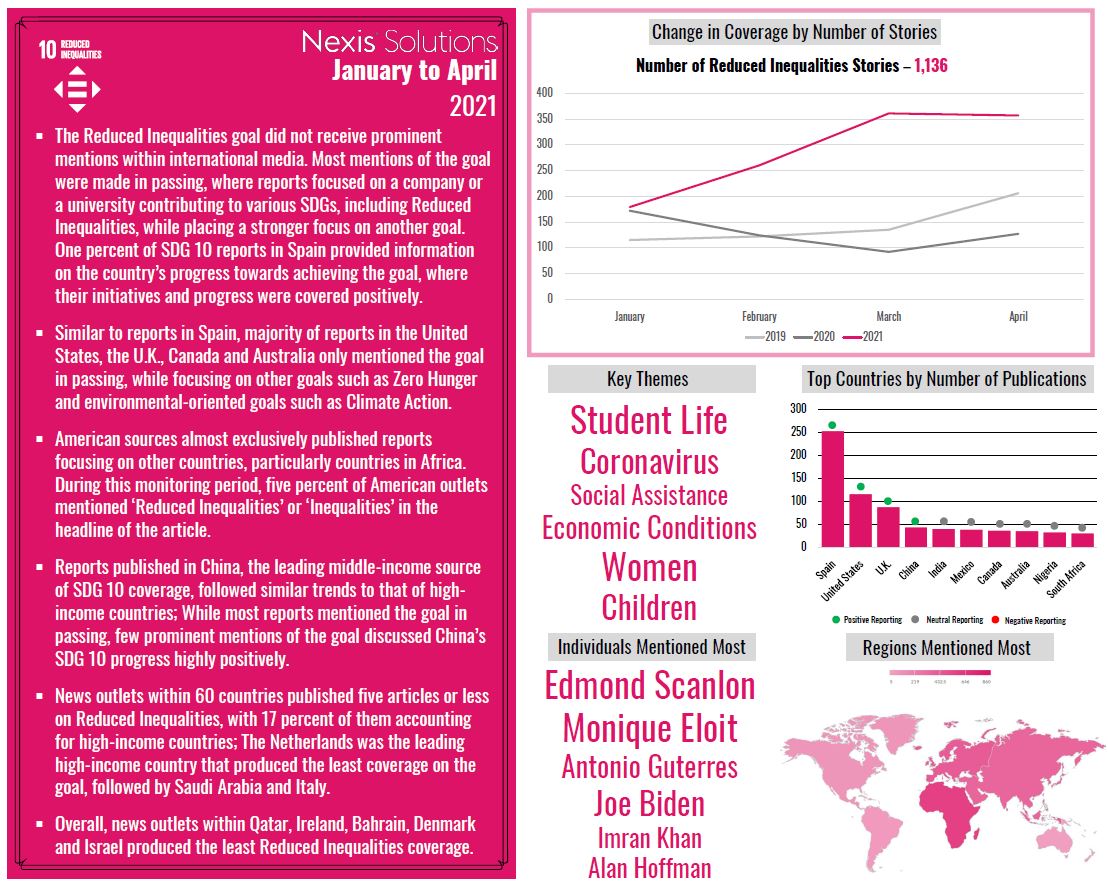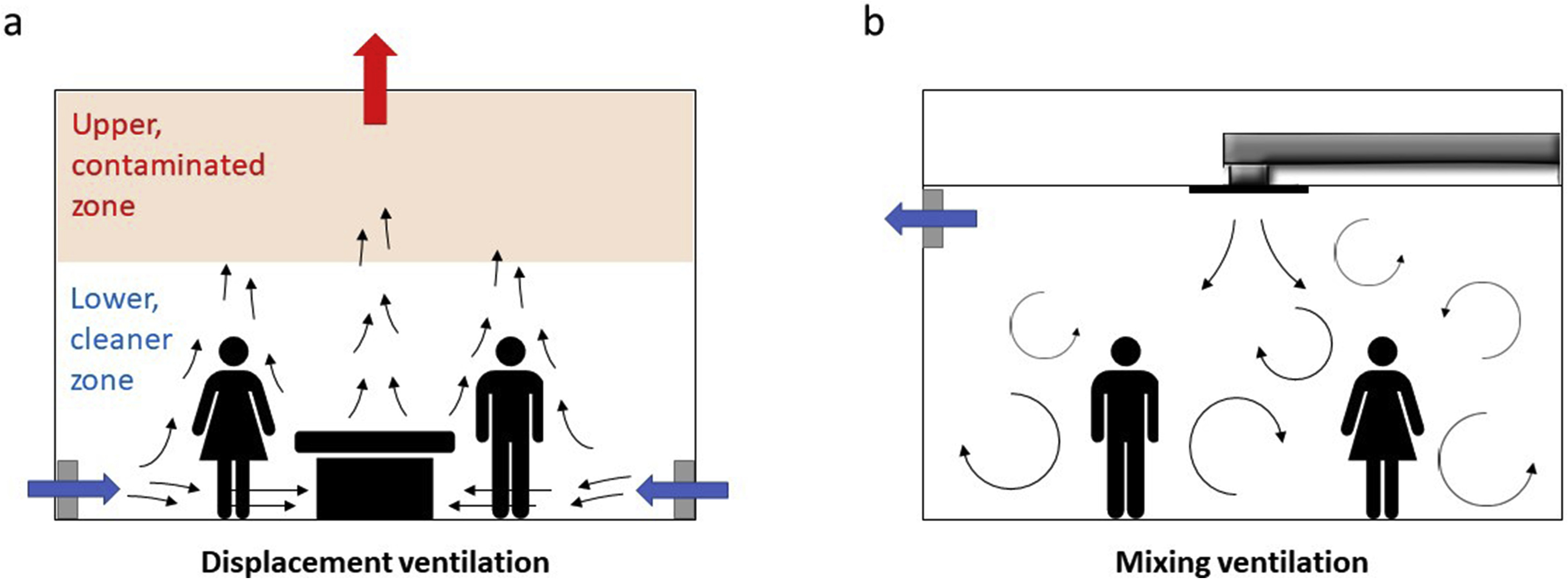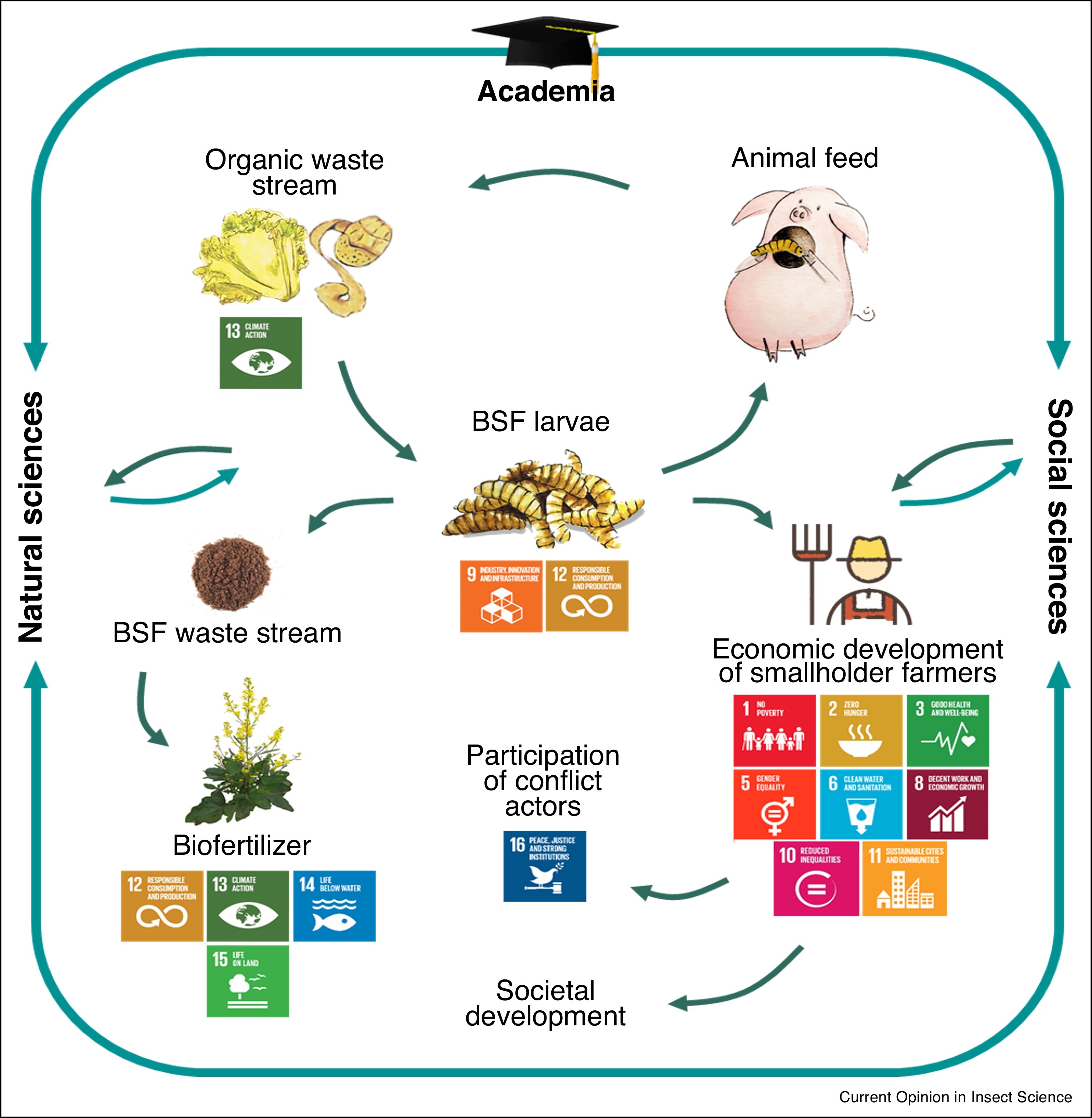Employment, Decent Work, and Social Protection are fundamental pillars of sustainable economic growth and integral elements of the United Nations Sustainable Development Goals (SDGs). In particular, they are emphasized in SDG 8: "Promote sustained, inclusive and sustainable economic growth, full and productive employment and decent work for all". Decent work is characterized by fair wages, secure employment contracts, safe working conditions, and the right to join or form a trade union. It is essential for poverty eradication, reducing inequalities, and fostering social inclusion, directly contributing to multiple SDGs, such as SDG 1 (No Poverty), SDG 5 (Gender Equality), and SDG 10 (Reduced Inequalities).
Decent work also links with SDG 4 (Quality Education), as higher education levels often lead to better job opportunities, thereby promoting a cycle of improvement. Meanwhile, social protection is closely aligned with SDG 1 (No Poverty) and SDG 3 (Good Health and Well-being), as it shields vulnerable groups from social and economic risks and ensures access to healthcare, food, and other basic needs. Social protection systems, such as unemployment benefits, pensions, and maternity protection, mitigate social inequalities and vulnerabilities, reducing poverty and ensuring social justice.
Furthermore, the interdependence of employment, decent work, social protection, and the SDGs, underscores the need for an integrated approach to sustainable development. Ensuring decent work and social protection for all not only supports economic growth but also advances socio-cultural development and fosters environmental sustainability, resonating with the three pillars of sustainable development – economy, society, and environment. Hence, the pursuit of decent work and comprehensive social protection for all, contributes to a broad-based and balanced progress towards the attainment of the SDGs.
Wolf-Peter Schill is Deputy Head of the Energy, Transportation, Environment Department at the German Institute for Economic Research (DIW Berlin), where he leads the research area Transformation of the Energy Economy. He engages in open-source power sector modeling, which he applies to economic analyses of renewable energy integration, energy storage, and sector coupling. He holds a diploma in environmental engineering and a doctoral degree in economics from Technische Universität Berlin.
Insects such as the black soldier fly (BSF) are a nutritious feed component for livestock with high protein levels. BSF can be reared on a wide range of organic residual streams. This allows for local production within a circular agriculture, decoupling livestock production from import of expensive feed components, such as fishmeal or soymeal. Rearing of BSF can be done by smallholder farmers, thus contributing to their livelihood, economic sustainability and social status. Smallholder farmers contribute importantly to food security, which is a prerequisite for a stable society.





